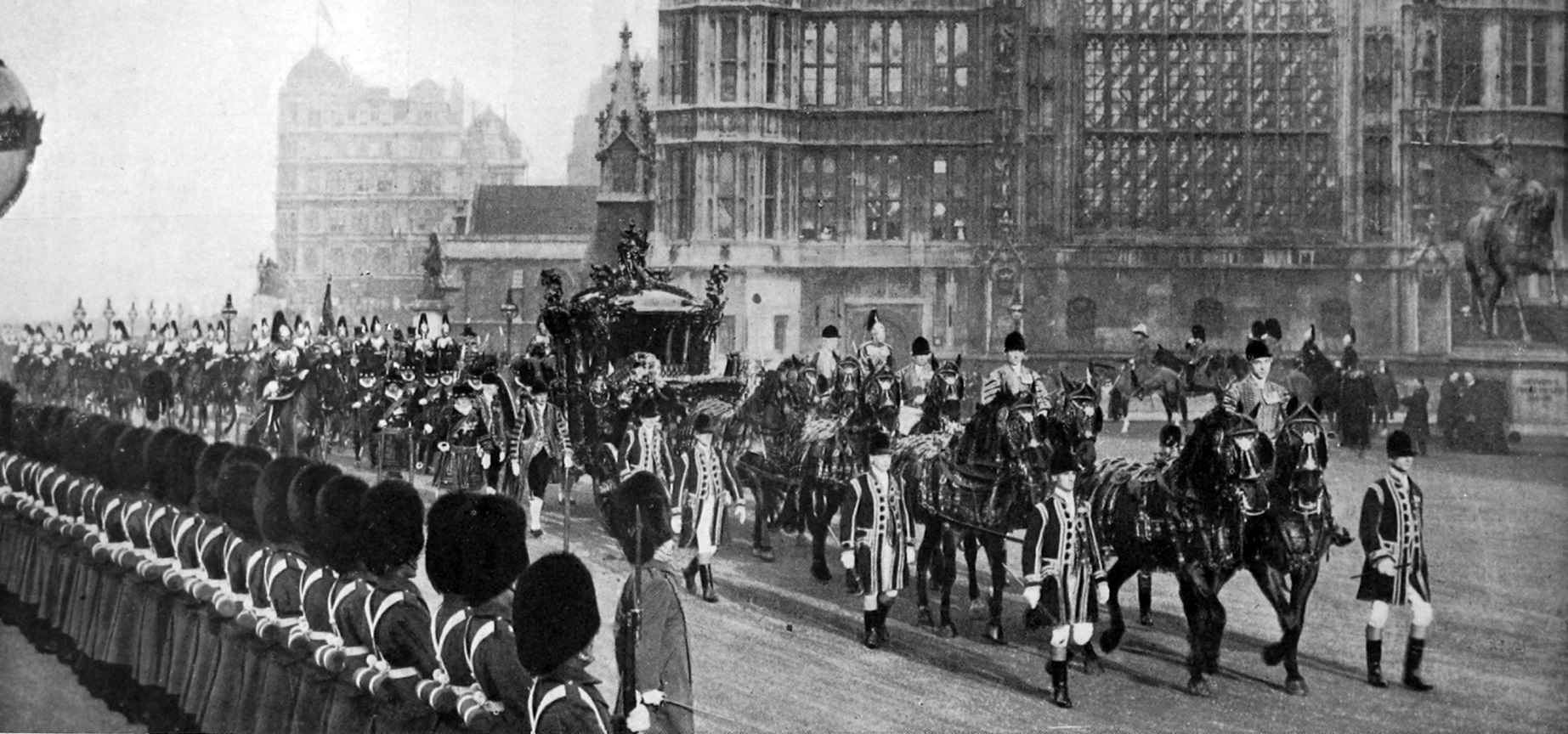

Male ordered abortion pills
James Richard McGrath was charged with having procured a certain noxious thing, to wit, a box of pills, knowing that the same was intended to be used for an unlawful purpose. Robert Merrett Wilkinson, registered chemist at 91 Princes street, said that on January 25 last he received a letter at 9pm at his shop. The letter contained a request that the receiver forward medicine for a certain purpose to J. McGrath, Tahakopa, which was to be sent in plain wrapper. The envelope also contained a £1 note. He at once communicated with the local detective office, and Detective Roycroft took possession of the letter and the money. Witness knew that the letter was not intended for him. Detective Roycroft said that about 11.45am on January 26, from information received, he went to the shop of Mr R.M. Wilkinson at 91 Princes street. He was handed an envelope, letter, and £1. He posted the letter to William Michael Wilkinson, 29 Royal Arcade. He later proceeded to Tahakopa, and on January 30 he traced a parcel to the possession of James McGrath, the accused. By virtue of a search warrant, which he executed at accused's house, he found a small parcel in one of accused’s pockets. It was wrapped in brown paper and was addressed: ‘‘Mr J. McGrath, care PO Tahakopa, via Owaka." In the accused’s presence witness opened the parcel. Inside the wrapper there was a small cardboard box, containing 30 black pills and 10 white pills. In the box he also found a small piece of paper giving instructions as to their use. Accused finally made a statement which witness wrote and accused signed. Witness then arrested accused. He said he did not know that he was committing an offence. Frances Mary Dyke said she was at the Tahakopa Post Office for the purpose of getting her mail. She there saw the girl whom the accused McGrath was keeping company with. This girl asked witness to get Jim McGrath’s mail. She was given a parcel for McGrath, which she handed to the girl.
The girl referred to said she was 16 years of age. She resided with her parents at Tahakopa. She had been keeping company with accused for close on 12 months. The accused knew of her condition. At this stage the magistrate warned the witness that she was not bound to answer questions which might incriminate herself. She elected to answer the questions put. She told accused of her condition. Accused said he would marry her if her parents would consent. The accused, in witness’s presence, wrote a letter to a Mr Wilkinson in Dunedin.
Accused pleaded guilty, and was committed to the Supreme Court, Dunedin, for sentence. — ODT, 14.2.1924
Compiled by Peter Dowden











